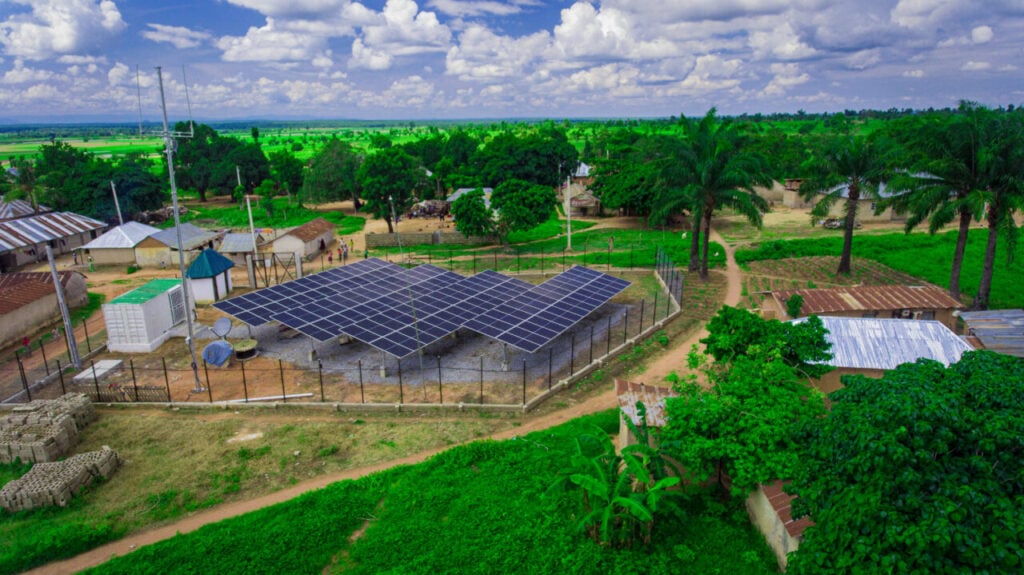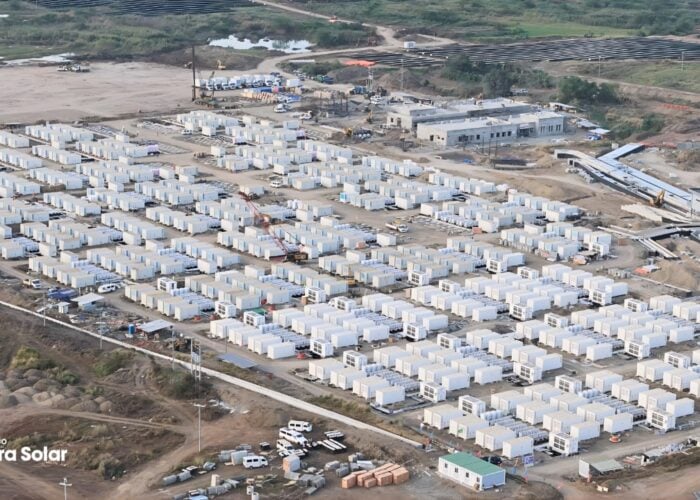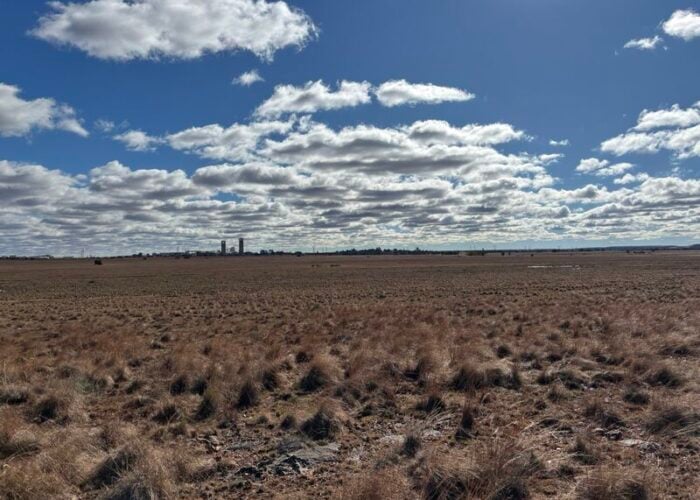
Nigeria will build a 1.2GW solar module assembly facility under its US$750 million World Bank-funded energy infrastructure project.
The Rural Electrification Agency (REA) of Nigeria said it had signed a memorandum of understanding (MOU) with Oando Clean Energy – a Nigerian solar energy company with headquarters in Lagos – to build the facility, which will roll out its first 600MW production line “next year”.
Try Premium for just $1
- Full premium access for the first month at only $1
- Converts to an annual rate after 30 days unless cancelled
- Cancel anytime during the trial period
Premium Benefits
- Expert industry analysis and interviews
- Digital access to PV Tech Power journal
- Exclusive event discounts
Or get the full Premium subscription right away
Or continue reading this article for free
Speaking in the Nigerian capital, Abuja, managing director of REA, Abubakar Abba Aliyu, said the project would include an “off-grid power plant, mesh electricity generation [and] interconnected power grid” in addition to the module assembly plant.
“We want to scale up our localisation drive in solar materials,” Aliyu said. “And to that end, one of the MOUs we are going to sign today is the 1.2GW PV panels assembly plant here in Nigeria.”
He added that the REA expects to sign another deal to build a further 1GW of module assembly capacity: “In a few weeks, we are going to sign a joint development agreement with Infracorp and the Ministry of Finance Incorporated for another 1GW PV panels assembly plant here in Nigeria in collaboration with REA.”
The 1.2GW assembly plant will also feature a module recycling line, said CEO of Oando Clean Energy, Ademola Ogunbanjo.
“We’re building a solar modular assembly plant in Nigeria that will not only roll out solar panels, but also be able to take solar panels that are no longer working, maybe due to age or dysfunction, and recycle them into raw materials that we can then send back to those who use them for different purposes,” he said.
“This is something that we are doing to make sure that we domesticate localisation and manufacturing in-country,” Aliyu added.
There are already some solar manufacturing plans across the African continent; Japanese cell and module manufacturer Toyo Solar is currently constructing a 2GW solar cell production facility in Ethiopia which it expects to begin production by the end of March. Singapore-headquartered manufacturer EliTe Solar also announced plans for an 8GW cell and module production facility last September, to be built in Egypt’s Suez Canal Economic Zone.
The plan from Oando Clean Energy and the REA differs from these announcements in that the parties under the MOU are from Nigeria, rather than external solar companies. The plan is funded under the Distributed Access through Renewable Energy Scale-up (DARES) programme, a collaborative funding scheme between the World Bank and the Nigerian government to back the rollout of solar PV systems and enable Nigeria’s decarbonisation plans.
A report published by the Global Solar Council (GSC) yesterday said that investment and financing barriers are preventing the African continent from realising its full potential for solar PV. The GSC found that Africa as a whole met just 3% of its electricity demand with solar PV, despite having some of the best solar resources on earth.






